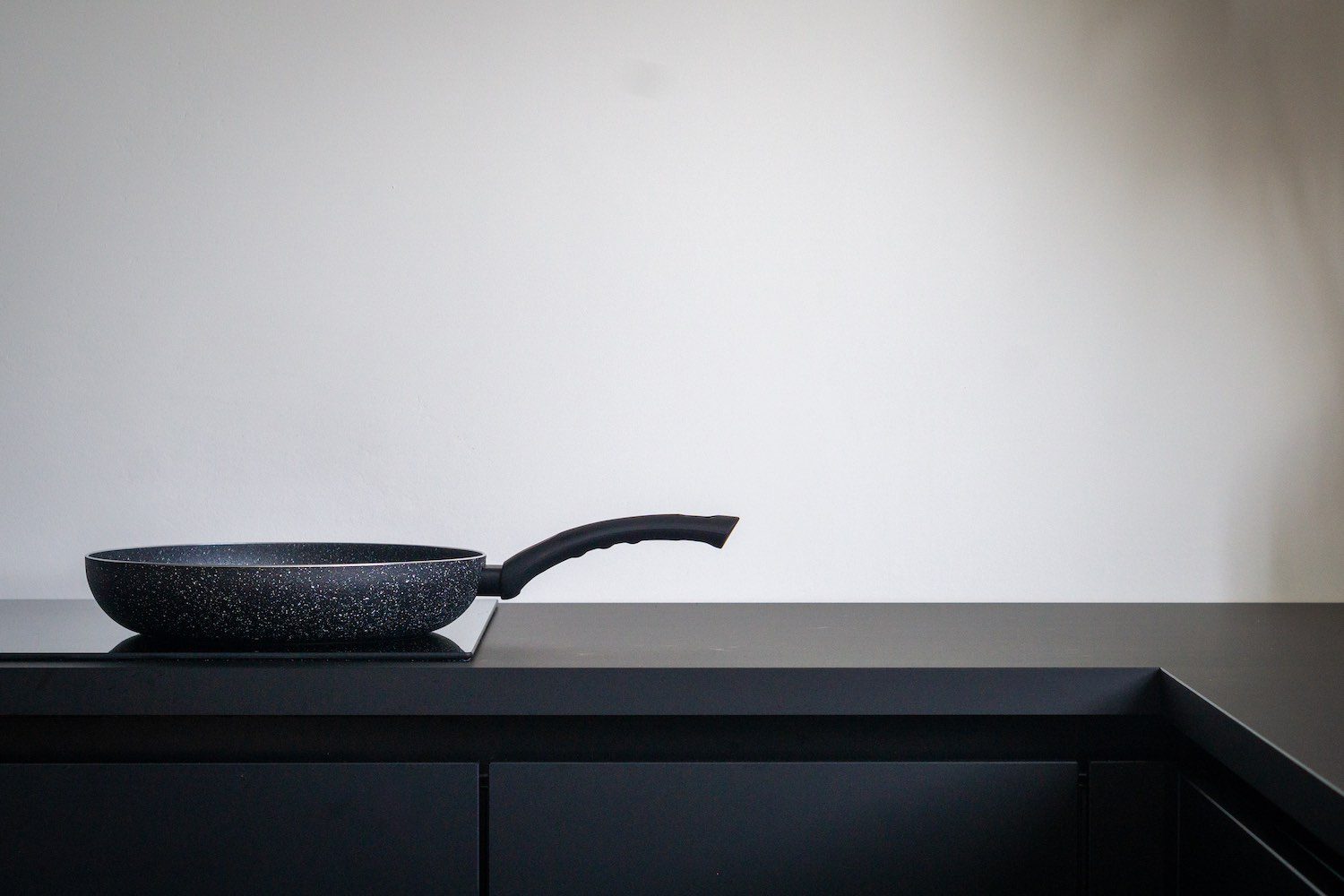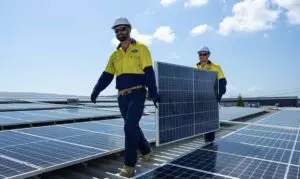Rewiring Australia has slammed gas lobby group claims that the electrification of Australian homes will cost taxpayers more than $66 billion as “lies,” following the latest PR offensive from an industry in panic mode.
In a report published by The Australian on Thursday, the Australian Pipelines and Gas Association complained that the “enormous price tag” of fully electrifying Australian homes was being downplayed.
APGA chief Steve Davies told the Murdoch masthead that by the organisation’s own calculations, the taxpayer cost of electrifying the 5.1 million dwellings currently using gas appliances around the country was likely to exceed $66.3 billion – almost six times more than estimates from Rewiring Australia.
But the method APGA used to cook up this eye-watering figure – which The Australian dutifully reported, but did not question – is full of hot air.
“Mr Davies has apparently multiplied the upfront subsidy cost of a two year pilot by the 5.1 million households across Australia with gas to come up with a bill of $66.3 billion to electrify the nation,” Rewiring Australia’s Saul Griffith said in a statement on Thursday.
That is to say, APGA has taken figures from official Parliamentary Budget Office (PBO) costing commissioned by independent Senator David Pocock of an ACT trial of up to 1000 households who would be offered subsidies or concessional loans to fully electrify their homes.
Based on October 2022 prices, the PBO estimated a total cost to the government of $13,000 per household, to partially offset the purchase and installation cost of rooftop solar, electric reverse-cycle air- conditioning, induction cooktops, heat pump water heaters, EV home-charging equipment and the lease of an EV.
“It is incorrect to extrapolate the cost of a pilot in 2022 to apply to mass consumer uptake across the whole country,” says Rewiring Australia’s Griffith.
“Nobody has suggested turning the whole of Australia into a technology pilot … [which is] a short, focused technology deployment project aimed at understanding how technologies interact and trialling them in the real world.
“The rollout of electrification across millions of households will be driven by commercial decisions not a government funded pilot. It would likely take around 15 years to electrify all households and over this time the cost of EVs, solar, batteries and electric appliances will fall.”
According to Rewiring Australia’s modelling, it will be cost effective for households to entirely replace conventional gas and other outdated appliances with EV, solar and efficient alternatives by the mid-2020s.
“By 2025 this will be a slam-dunk for all families,” Griffith said last month following the announcement of another state government pilot, this time in New South Wales, where $8 million is being put towards electrifying the existing homes of three local communities.
“Over time, we’re going to save so much money – mostly because we’ll be driving our cars using our rooftop solar. When you get to that point, it will cost you one or two cents to drive a kilometre instead of 20 to 25 cents on petrol or diese,” Griffith has said.
“That really will drive huge savings in Australian households. And actually, for the whole nation, you could expect this to be saving $20, $30 or $40 billion a year as a nation in our households.
“So a small commitment now from the state governments and federal governments can actually release a huge saving for the nation down the road,” Griffith said.
For governments, kicking gas out of the residential energy equation offers multiple benefits beyond big consumer savings, not least of which includes a boost to emissions reduction efforts in the race to meet increasingly urgent climate targets.
The gas industry knows this and has already seen governments in Victoria and the ACT take action. With talks underway between federal Labor and the Greens on a national electrification package, the only hope is to stem the tide.
“Some people look for solutions to a warming planet. Sadly, the gas industry finds excuses in lies,” said Rewiring Australia co-founder and chief scientist Saul Griffith, in comments to RenewEconomy on Friday.
“Electrification is a capital investment in an alternative energy supply, not an overnight ‘expense’ that hits the cost of living,” Griffith and Rewiring Australia said.
“Australians already understand this and over 3.4 million households have invested in solar, which costs money upfront but saves over time and is thus a profitable investment.
“The gas lobby is planning to charge households a multi billion tax simply for turning off their gas connection when they go electric. The APGA should explain why it wants to gouge individual households more than $1,000 for removing a toxic and unnecessary fossil fuel from their homes.”







